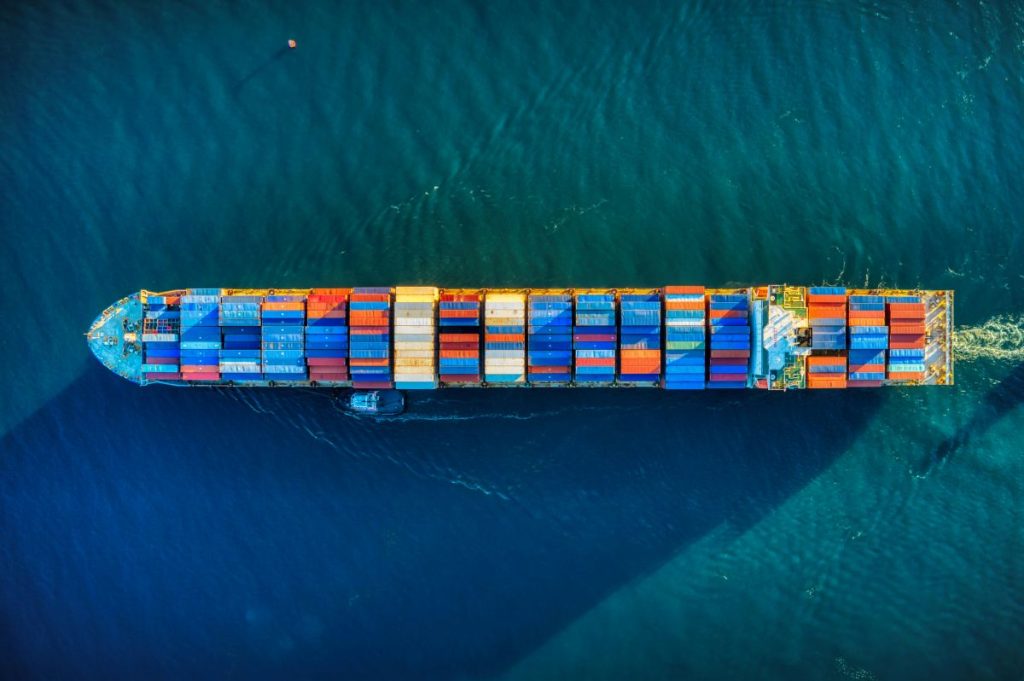Businesses Rethink Supplier Strategies to Navigate Rising Protectionism
A vast majority of companies worldwide are restructuring their supply chains in response to geopolitical uncertainty, with three-quarters of businesses opting to diversify their supplier base rather than consolidate. The shift, highlighted in research conducted by Economist Impact and DP World, underscores a growing trend towards resilience in an increasingly fragmented global trade environment.
Presented at the World Economic Forum, the study surveyed over 3,500 supply chain executives across industries and regions. The findings reveal an urgent need for adaptability as firms react to mounting protectionist policies and shifting geopolitical alliances.
Countries perceived as neutral—such as Vietnam, Mexico, India, the UAE, and Brazil—are emerging as crucial trade hubs. According to the survey, 71% of executives believe these markets help mitigate trade risks, while 69% consider them essential for filling supply chain gaps caused by global conflicts.
A key trend in supply chain adaptation is the increase in U.S.-based sourcing, with 40% of firms expanding domestic procurement. Additionally, 32% of businesses are adopting dual supply chains, a strategy that enables greater flexibility by maintaining production capabilities in multiple regions. Friendshoring, the practice of relocating supply chains to politically aligned countries, is also gaining traction, with 34% of companies pursuing this approach to counterbalance tensions between major global powers.
Beyond geopolitical concerns, prolonged inflation and high interest rates remain top economic challenges, cited by 33% of executives. To navigate these complexities, companies are adopting AI-driven analytics, diversifying supplier relationships, and leveraging neutral trade hubs to maintain operational stability.
Speaking at the World Economic Forum, Sultan Ahmed bin Sulayem, DP World Group Chairman and CEO, emphasized the need for agility and innovation in today’s trade environment: “Global trade today is more complex than ever, demanding agility, resilience, and innovation. Our infrastructure, expertise, and advanced technology empower businesses to thrive in this evolving landscape.”
The Future of Global Supply Chains
Looking ahead, businesses that proactively integrate emerging technologies, develop adaptive supplier networks, and embrace risk mitigation strategies will not only navigate uncertainty but also unlock new opportunities for growth and efficiency in global trade.
As global trade undergoes rapid transformation, companies that proactively embrace diversification, technology, and risk management will be best positioned to succeed in an increasingly volatile landscape.







